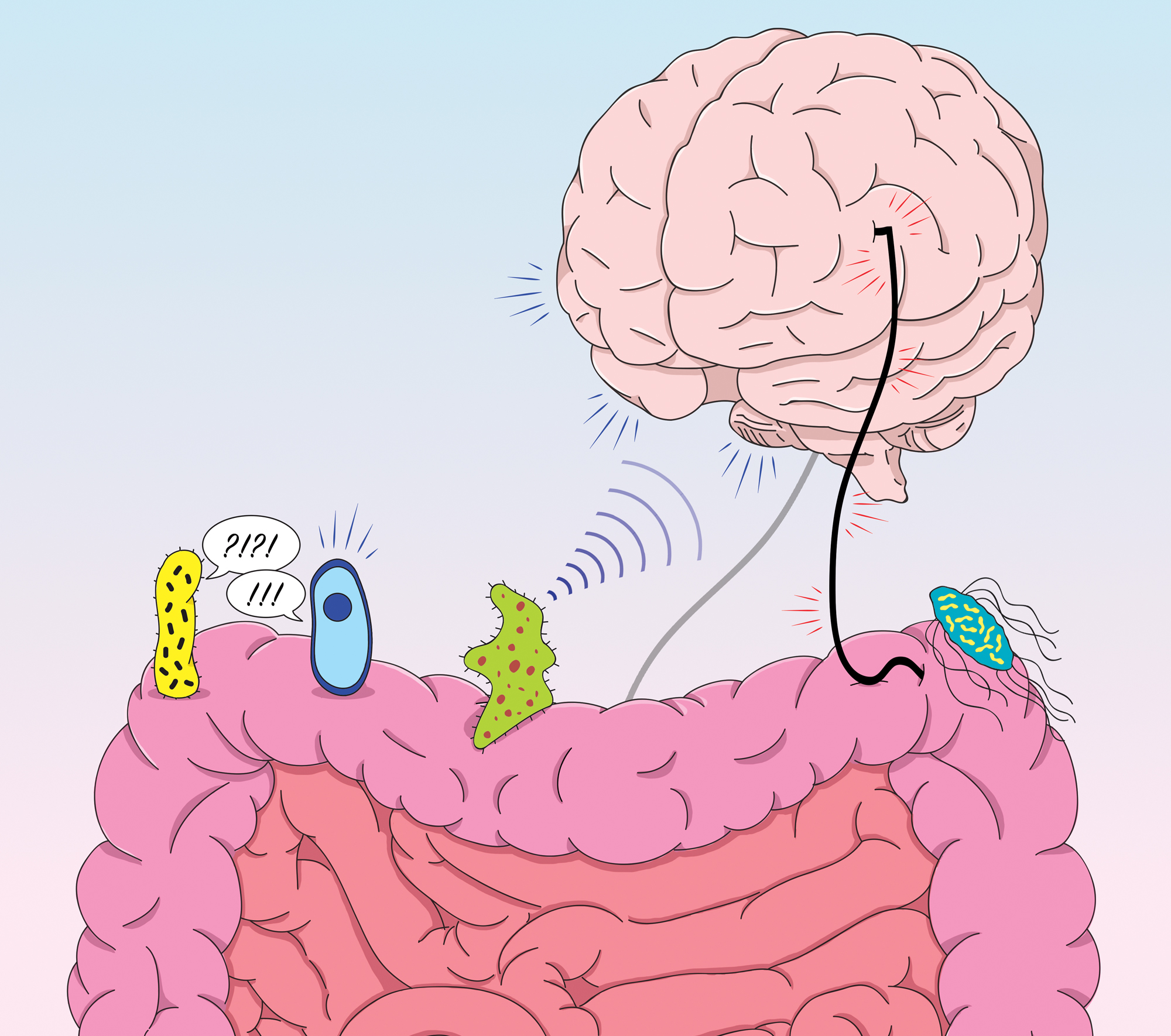The latest findings in the journal Cell by researchers at Weill Cornell Medical College unveiled that gut fungi may actually influence neuroimmunity and social behavior.
“We characterized the mycobiota biogeography along the gastrointestinal tract and identified a subset of fungi associated with the intestinal mucosa of mice and humans,” the authors explained in their study.
“Mucosa-associated fungi (MAF) reinforced intestinal epithelial function and protected mice against intestinal injury and bacterial infection,” the authors also explained. “Notably, intestinal colonization with a defined consortium of MAF promoted social behavior in mice.”
During the experimentation, it was found that mice that carried specific fungi enjoyed better protection against disruptive intestinal events. In separate experiments, the mice purportedly exhibited increased social behavior.
“The spatial organization of the gut mycobiota is associated with host-protective immunity and epithelial barrier function and might be a driver of the neuroimmune modulation of mouse behavior through complementary Type 17 immune mechanisms,” according to the authors.


